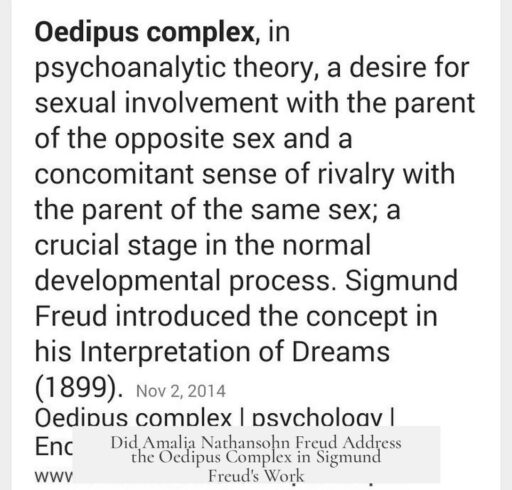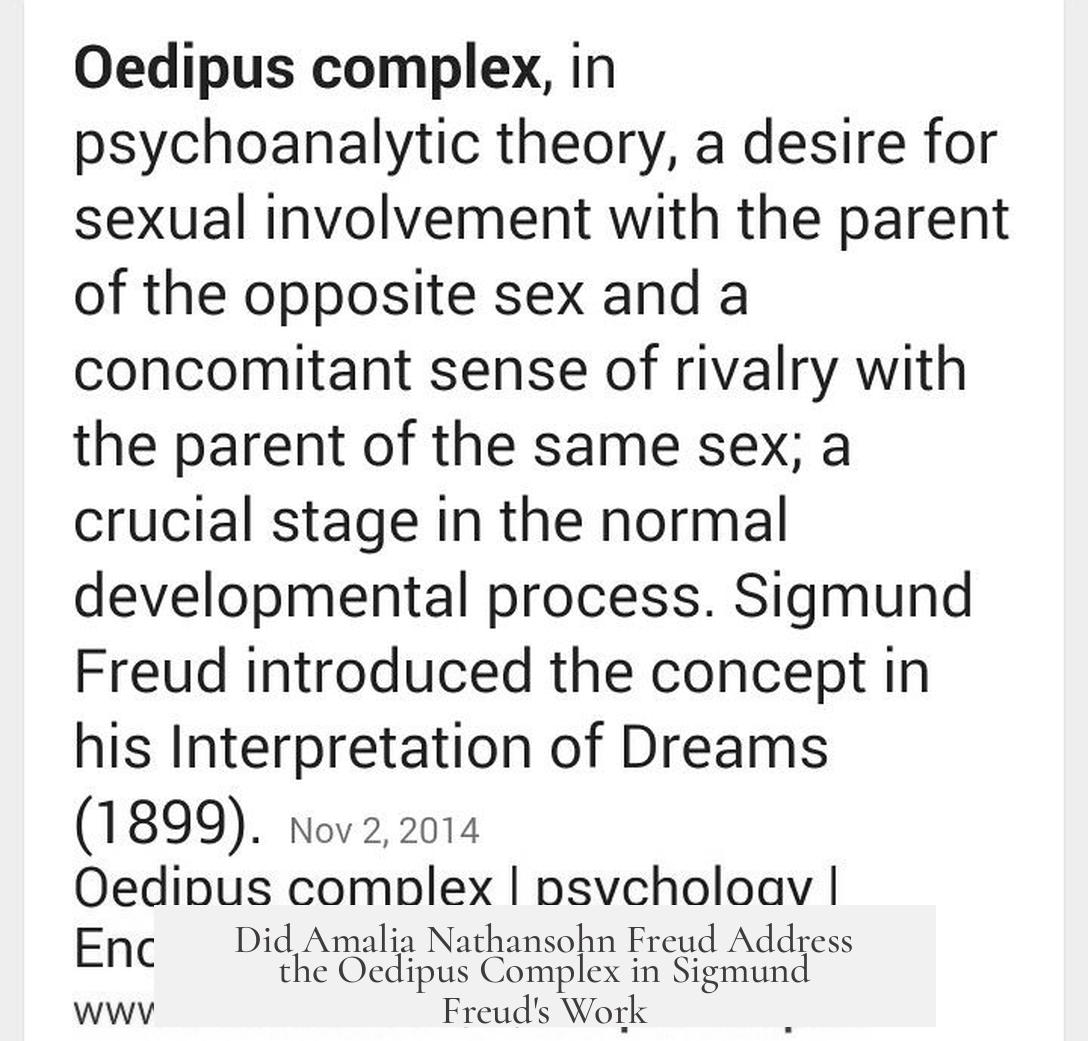There is no known record or documentation that Amalia Nathansohn Freud, Sigmund Freud’s mother, ever commented on her son’s concept of the Oedipus complex. Despite Sigmund Freud’s extensive writings and the many biographies about him, none include any information about Amalia’s views on this or any of his psychoanalytic theories. The available evidence suggests her opinions on Freud’s groundbreaking ideas remain undocumented or unrevealed.
Amalia Freud, also called “Amalie” in family accounts, lived through the time when Freud developed most of his major theories, including the Oedipus complex. However, existing correspondence between Freud and his mother does not mention his scientific work or theories. For example, the letters published in the 1960 collection Letters of Sigmund Freud focus solely on family and personal matters without touching on his psychoanalytic concepts.
Biographers such as Peter Gay, who wrote the extensive Freud: A Life for Our Time, do not refer to Amalia’s reactions or thoughts about Freud’s work. Instead, emphasis lies mainly on their relationship during Freud’s childhood, a period critical to understanding the development of some of his ideas. The adult relationship and her perspective on his intellectual pursuits were either not documented or not considered important enough by contemporaries or historians.
Judith Bernays Heller, Freud’s niece, offers one of the most detailed personal sketches of Amalia. In her 1956 memoir, she portrays Amalia as a strong-willed, sometimes harsh matriarch. Her temperament combined charm with a tyrannical presence within the family circle. Heller does not mention Amalia’s opinions on Sigmund’s psychoanalytic theories, suggesting that family recollections do not preserve such viewpoints or that they were never discussed openly.
Two factors might explain the absence of any commentary from Amalia regarding Freud’s theories. First, societal conditions played a role. Women in late 19th and early 20th century Austria generally had limited public voices, especially in intellectual debates. Women’s opinions in scientific or philosophical discussions were often overlooked or discounted. Second, Amalia may simply have had other priorities and limited interest or understanding of her son’s complex, technical theories about the unconscious mind and human psychology.
It is worth clarifying that Freud’s Oedipus complex theory is often misunderstood. Contrary to popular myths, Freud did not claim that boys literally want to sleep with their mothers. Instead, the theory metaphorically describes a child’s emotional conflict and rivalry with the same-sex parent for maternal affection during early development. Freud’s presentations to family members, if any, would likely have emphasized the clinical and theoretical aspects rather than sensational aspects.
Considering language barriers and archival limits, some of Amalia’s possible opinions might exist in letters or documents written in German and hidden in archival collections. However, these have neither been translated nor widely cited in Freud scholarship. Scholars generally regard Amalia’s views as marginal to Freud’s intellectual biography and psychoanalytic legacy.
- Amalia Freud never formally commented on the Oedipus complex in available records.
- No known personal correspondence or biographical sources include her opinions on Freud’s theories.
- Societal norms and her personal focus may explain lack of documented views.
- The complex itself is a metaphorical theory of familial dynamics, often misunderstood publicly.
- Archival materials might hold undiscovered information but none is currently known.
Did Sigmund Freud’s mother, Amalia Nathansohn Freud, ever comment on Freud’s concept of the Oedipus complex?
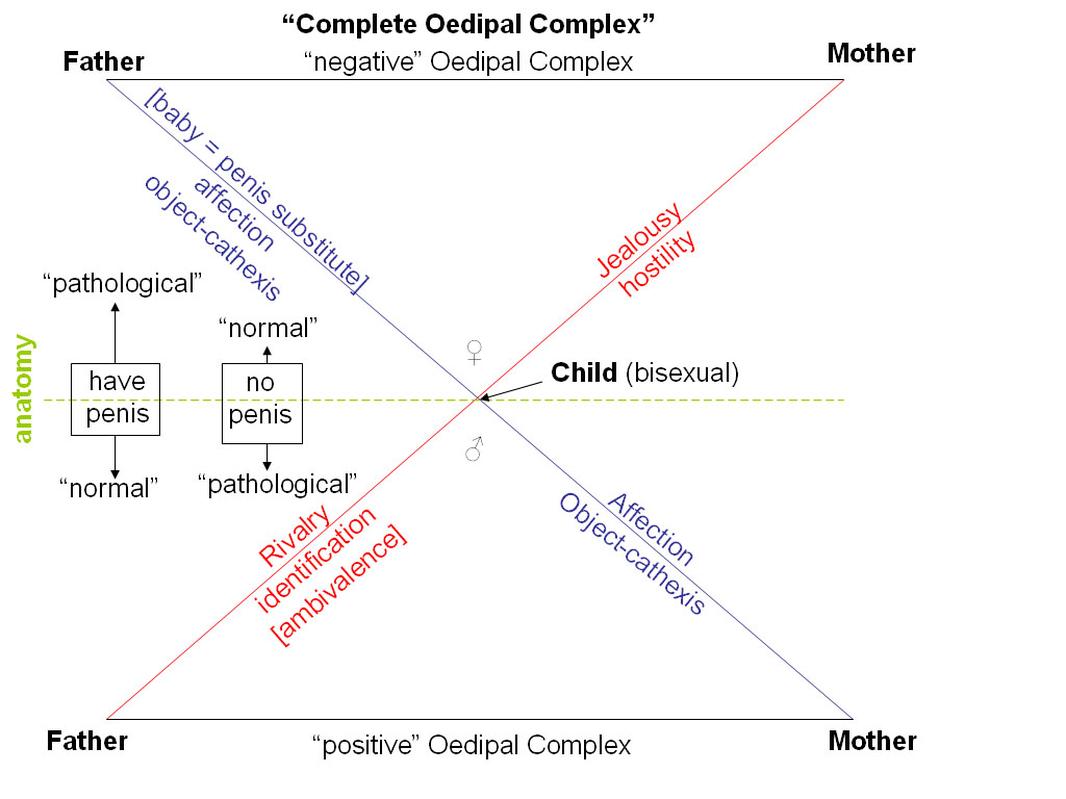
The short, factual answer: We simply don’t know if Amalia Nathansohn Freud, Sigmund Freud’s mother, ever commented on his Oedipus complex theory. Despite decades of Freud scholarship, no documented opinions from her about his theories have surfaced.
Now, with that mystery teased out of the way, let’s dive deeper. Why is this question so hard to answer? And what do we actually know about one of history’s most discussed mother-son dynamics?
After all, Freud’s Oedipus complex famously centers on the child’s unconscious desire to compete with the same-sex parent for the affection of the opposite-sex parent — a psychological cornerstone rooted in the mother-child relationship.
The Elusive Voice of Amalia Nathansohn Freud
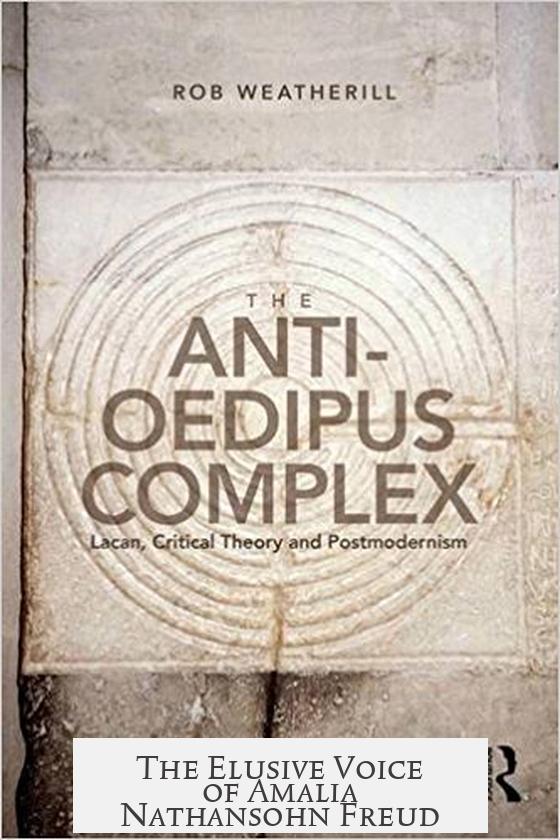
Amalia — or “Amalie” as family members called her — was the matriarch in a large Freud brood, keeping her brood of seven children together with a strong personality. Despite this, we hit a wall when we try to find her take on Freud’s groundbreaking, or some would say controversial, theories.
One reason is that researching the adult relationship between Freud and his mother is surprisingly limited. Biographies and letters focus heavily on Freud’s childhood bond with her, but as adults, there’s little documentation. The Letters of Sigmund Freud from 1960 include two letters addressed to Amalia, but they mention everyday life, not theories or intellectual debates.
Familiars knew her as volatile yet charming, a strong character who could scold the maid but also laugh, even at herself. Judith Bernays Heller, Freud’s niece, paints a vivid picture of her as a “tyrant and a selfish one” behind closed doors but someone who kept the family unified despite their differences.
“My grandmother…had a volatile temperament, would scold the maid as well as her daughters, and rush about the house…”
Still, these glimpses come with zero commentary on Freud’s psychoanalytic work.
Why the Silence on the Oedipus Complex?
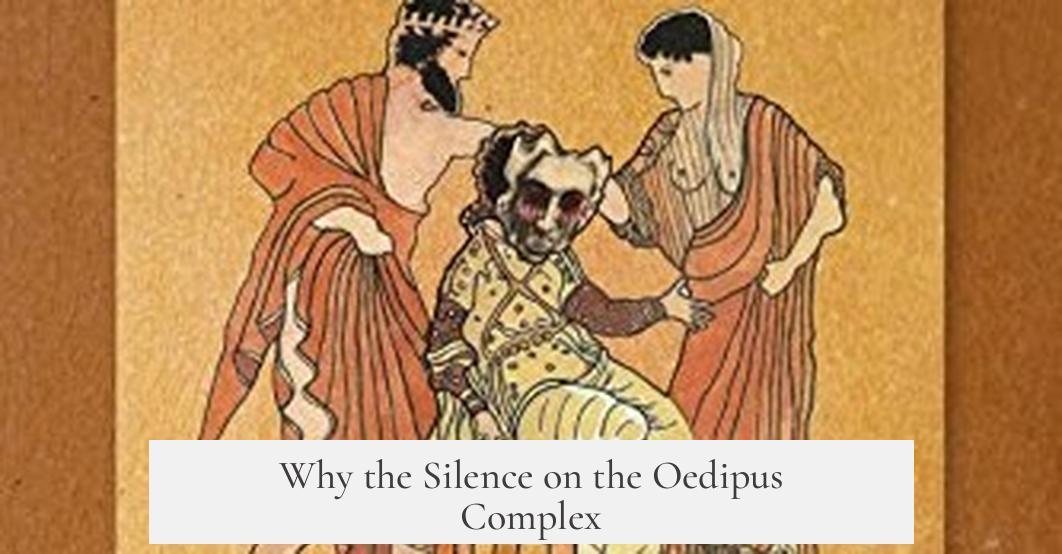
Here’s the kicker: in Freud’s day, especially in patriarchal Austria, women’s opinions — even mothers of famous men — were rarely sought or valued publicly. Amalia lived in a time when women didn’t gain the right to vote in Austria until she was eighty-four. It’s plausible she either never publicly spoke about her son’s theories or that nobody asked her.
Plus, Freud’s Oedipus complex was a subtle and layered idea. Contrary to the popular myth, Freud didn’t say boys literally wanted to sleep with their mothers. The theory was more about unconscious competition for parental affection and stemmed from biological drives linked to survival and social behavior. When Freud talked about these ideas, he likely framed them as clinical and dry insights rather than the juicy scandal you see in movies.
It raises a good question: if Freud had shared his theories with Amalia, was it even in a form she could easily understand or relate to? Was the mother of the “father of psychoanalysis” interested or too preoccupied with other realities?
A Case of Gaps and Lost Perspectives
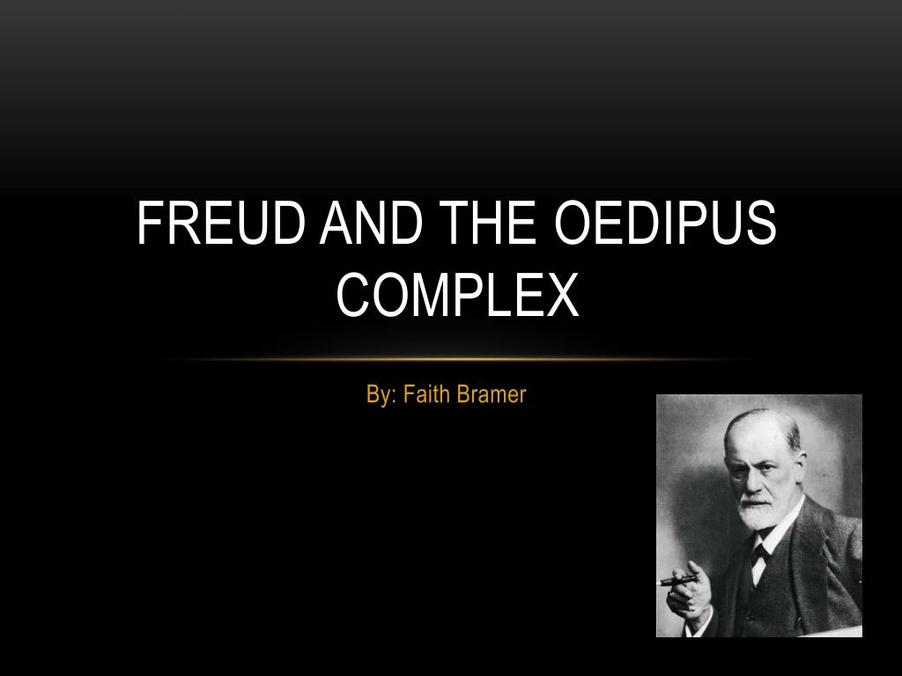
No major Freud biographies, including Peter Gay’s Freud: A Life for Our Time, mention Amalia’s views on his work once both were adults. Freud himself seemed caught between admiration and fear regarding his mother. After her death, he apparently felt a certain relief, suggesting a complex emotional undercurrent but no intellectual discourse documented.
Could there be undiscovered letters, journals, or memoirs? Possibly. Some German-language archives related to Freud haven’t fully been mined for this specific information. However, based on current evidence in English and major biographies, Amalia’s opinion on the Oedipus complex is largely invisible, almost like a shadow hiding behind the towering legacy of her son.
The Bigger Picture: Why Should We Care?
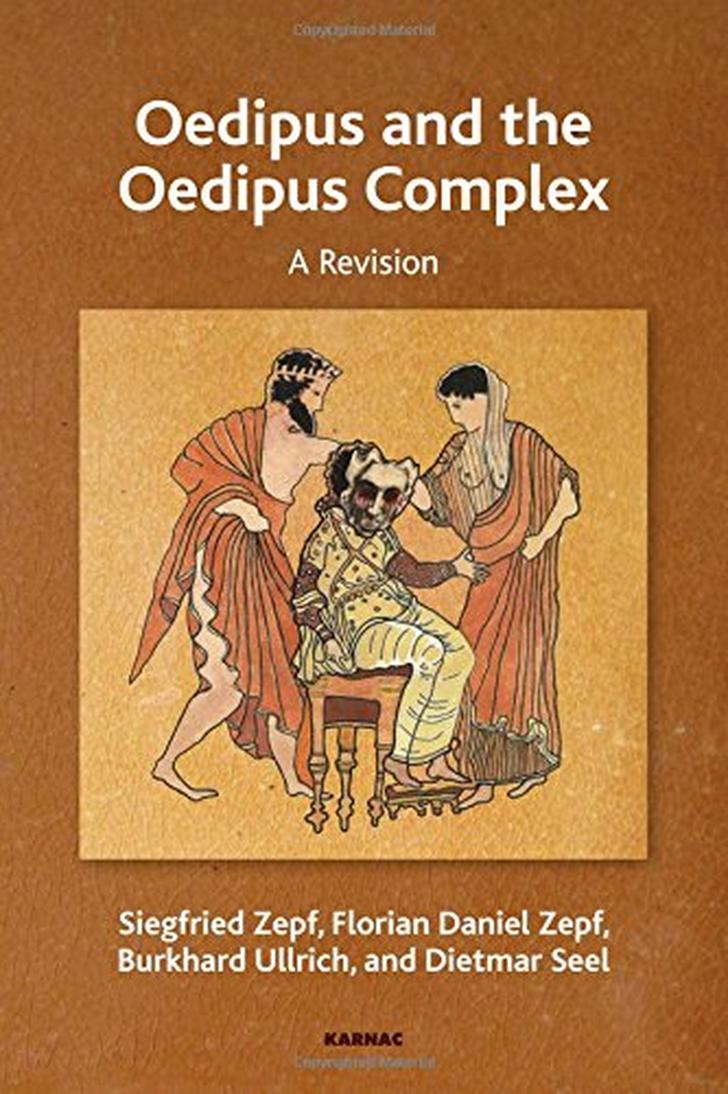
Why does it matter whether Freud’s mother commented on the Oedipus complex? It’s tempting to imagine Freud pitching his wild theories to Amalia over a Viennese dinner, but history rarely serves up such neat scenes. Understanding whether or not she engaged with these ideas could reveal much about the personal side of Freud’s work — possibly how family dynamics influenced or insulated him.
This also highlights a broader issue in historical research: how often do women’s voices get lost in the legacy of powerful men? Amalia’s silence is a reminder to question whose stories get told and whose don’t.
A Modern Take: What Can We Learn?
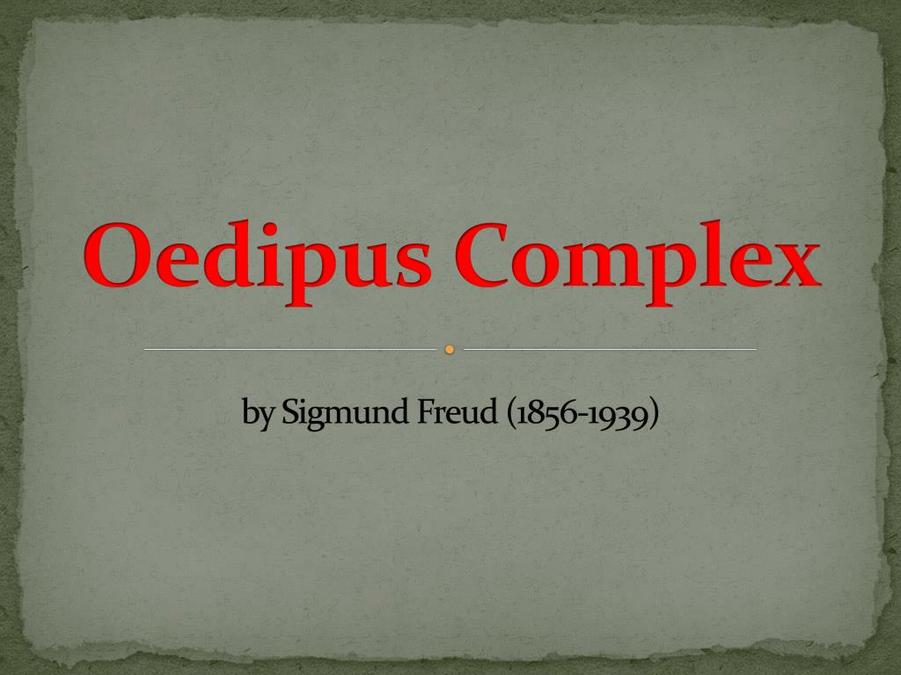
- Documentation matters. To understand figures like Freud fully, we need to know not just their ideas but the reactions those ideas sparked among close family — or the absence thereof.
- Social context shapes history. Amalia’s era did not prioritize women’s voices, which clouds our full understanding of Freud’s personal world.
- Theories often exist separately from lived experience. Freud’s professional views and his mother’s opinions might never have crossed paths publicly or privately in recorded form.
For those curious about psychology and family dynamics, it’s a fascinating example of the complexities of biographical research. And it challenges us to think: how do personal relationships influence, or ignore, revolutionary ideas?
In Conclusion: The Oedipal Echo Remains Silent
Despite our urge to seek Amalia Nathansohn Freud’s thoughts on her son’s Oedipus complex, the truth is that no source reliably reports her comments. She remains an enigmatic figure, known through the lens of family stories and Freud’s own ambiguous reflections.
This silence, while frustrating, also tells its own story about the times, the roles of women, and the limits of historical records.
Next time you hear about the Oedipus complex, consider the quiet, strong woman who may have profoundly shaped Freud’s early years but left no words recorded about his most famous and controversial idea.
